Pricing
If you’re in the market for a family hatchback, the Nissan Leaf looks pricey at first glance, with prices starting at around £26,500 once the government grant has been deducted. But this is actually comparable to a diesel car which has a similar equipment level and an automatic gearbox. Take into account the Leaf’s fuel and road tax savings and it soon starts to make sense.
The cheapest model, named Acenta, is actually very well equipped, but the N-Connecta adds some nice tech and bigger alloy wheels to the package for a reasonable £1,300.
Technology fans will want to find the extra £1,700 on top of that for the Tekna, as it is packed with gadgets including the ProPilot self-drive functions and an upgraded hi-fi.
It costs another £4,900 to upgrade to the e+ model with its bigger battery and more powerful motor, and currently none of these models are eligible for the government grant. Nissan might tweak the specs and pricing to sneak under the £32,000 threshold though.
Running costs
If you charge at home or work, the Leaf will be a very inexpensive car to run. It’s not quite as energy efficient as rivals such as the Hyundai Kona, but electricity is so cheap compared to conventional fuels that the difference in cost is negligible.
A full charge at average rates will cost less than a gallon of unleaded petrol but should take you at least 150 miles. Charging at public points will vary in cost, and Nissan has disappointingly announced that it will be stopping the free charges for Leaf owners at dealerships unless they are having a service. Servicing is comparatively cheap though, averaging less than £200 per year.
Insurance companies still tend to be a little wary of electric cars, so the Leaf is in group 21 or 22, depending on the model. This compares to group 14 for an equivalent petrol car such as a Ford Focus.













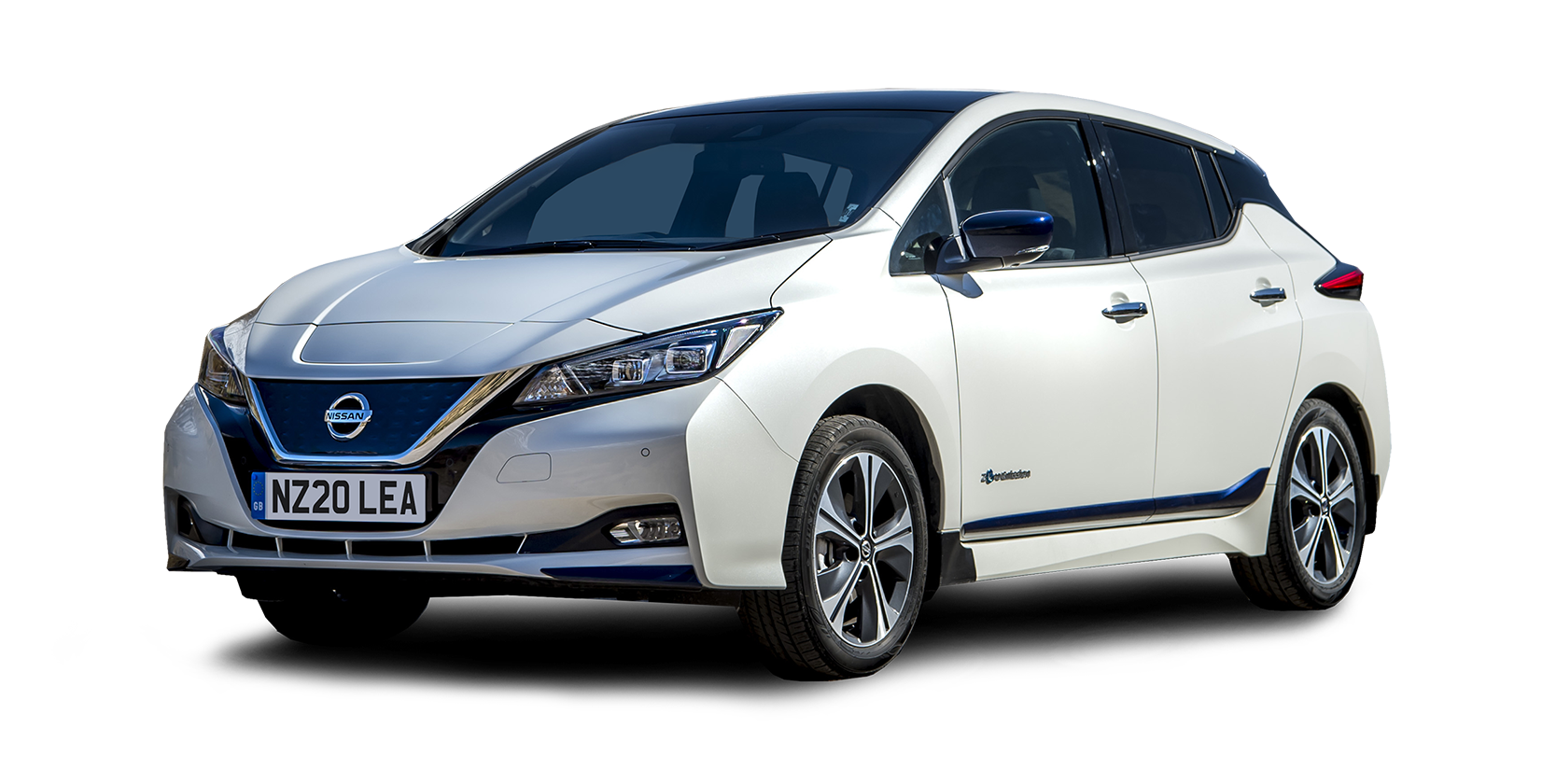
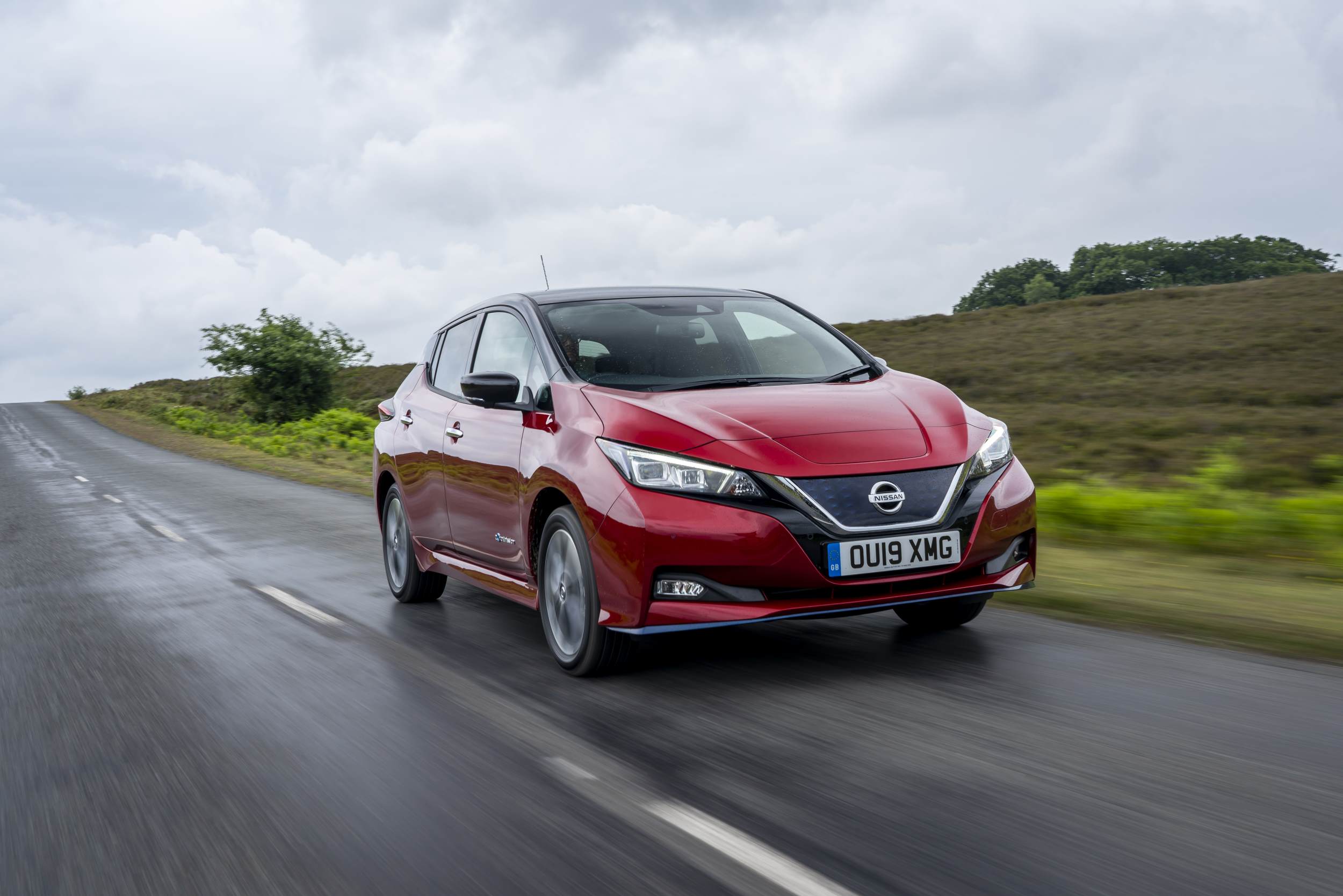.jpg)
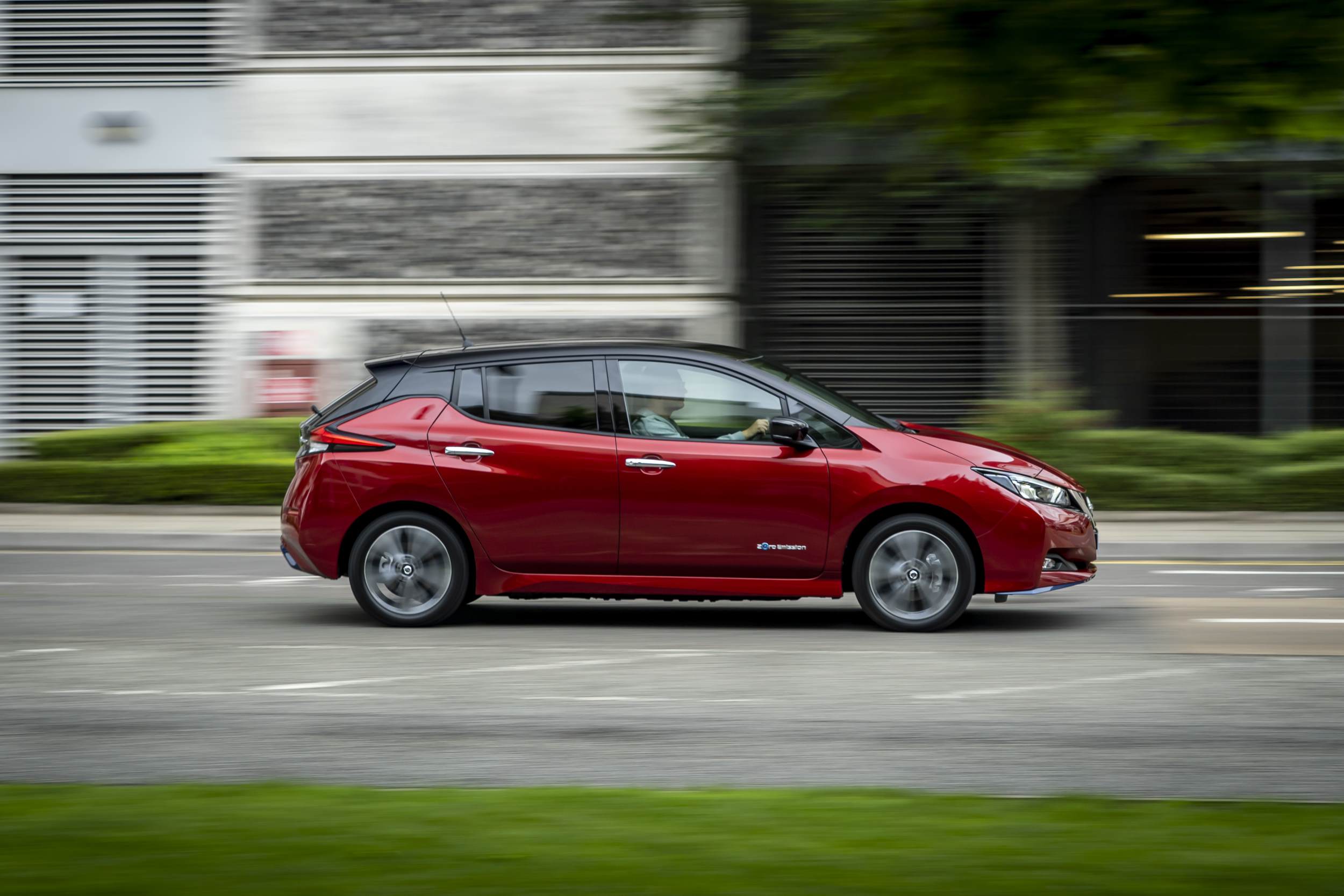.jpg)
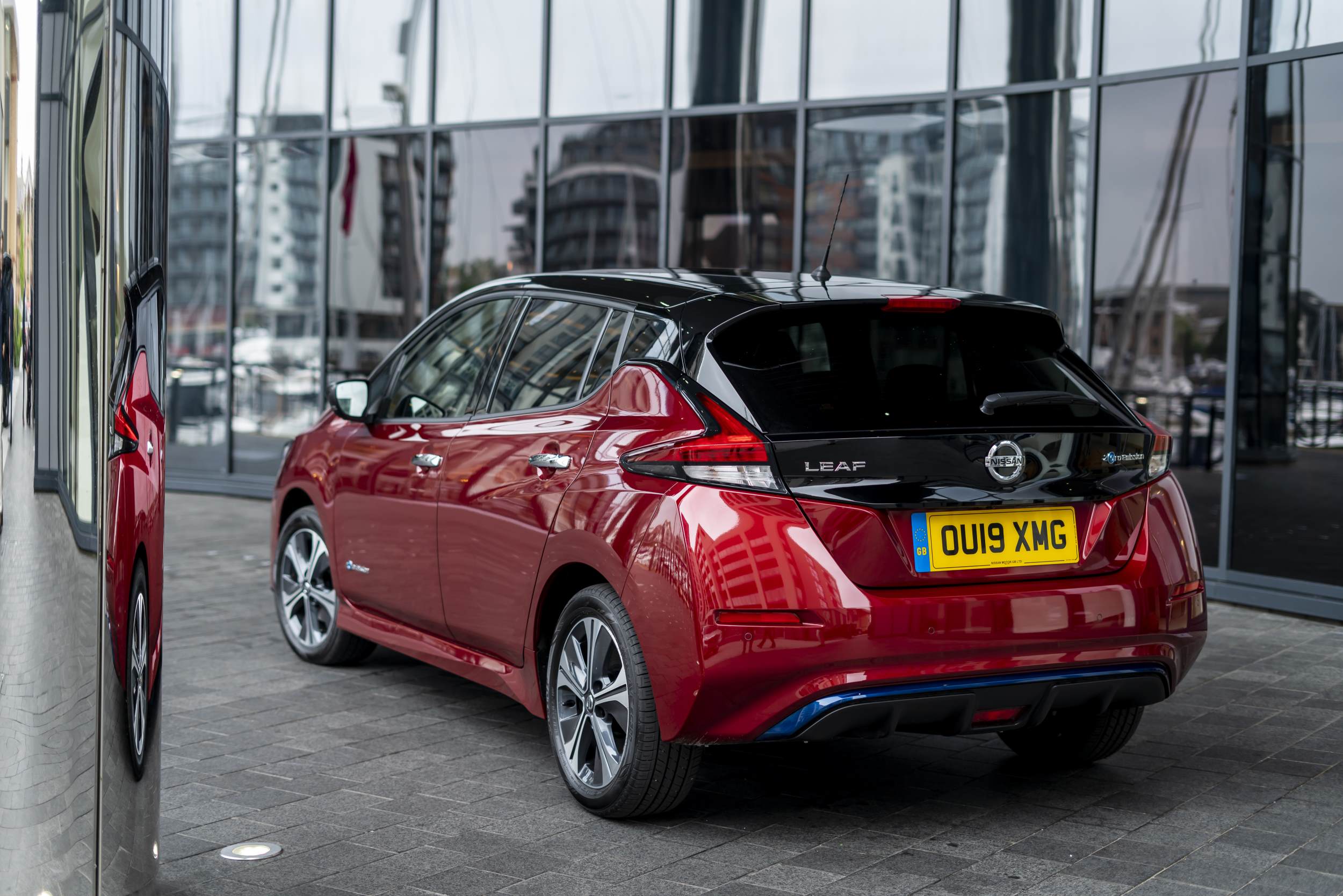.jpg)
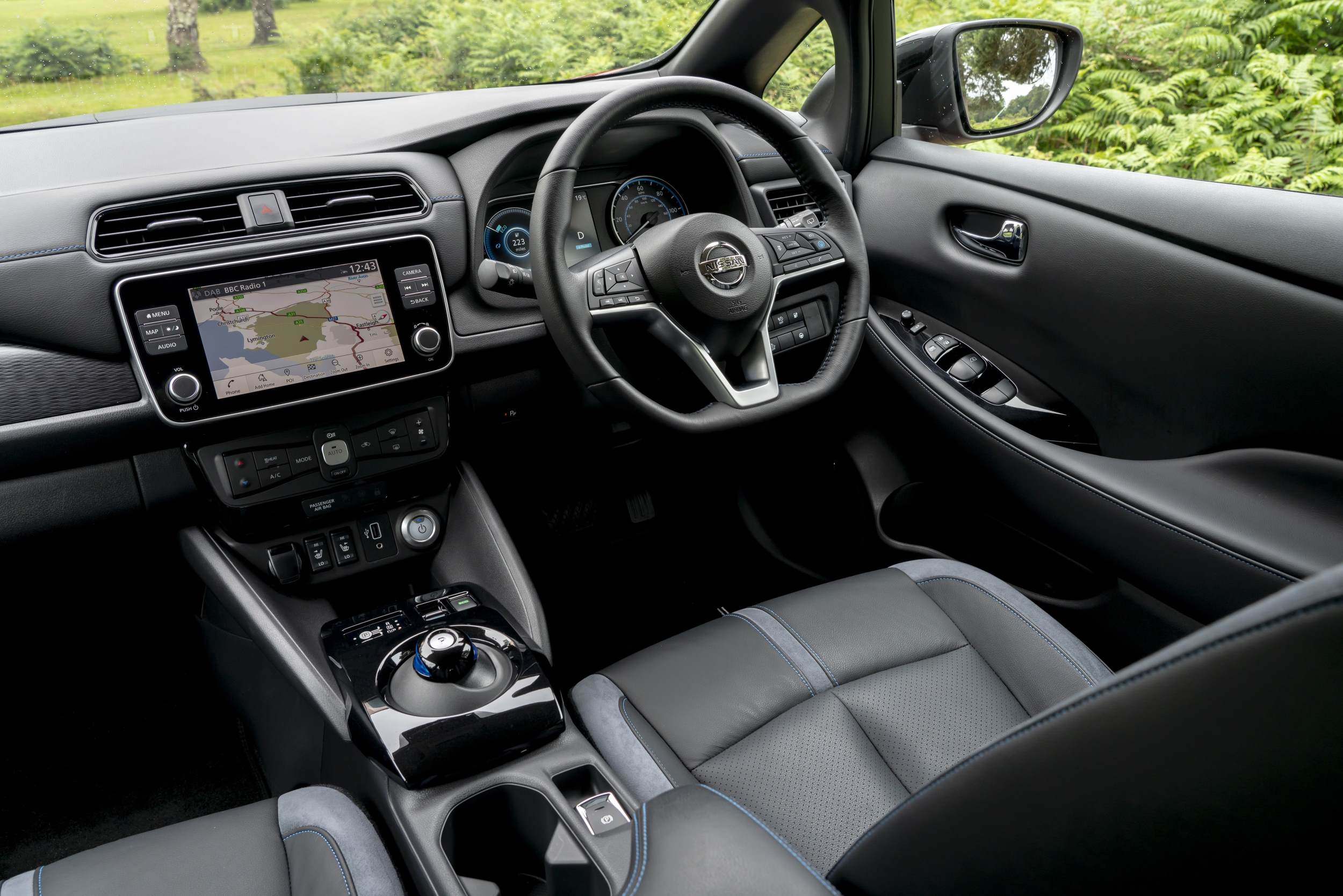.jpg)
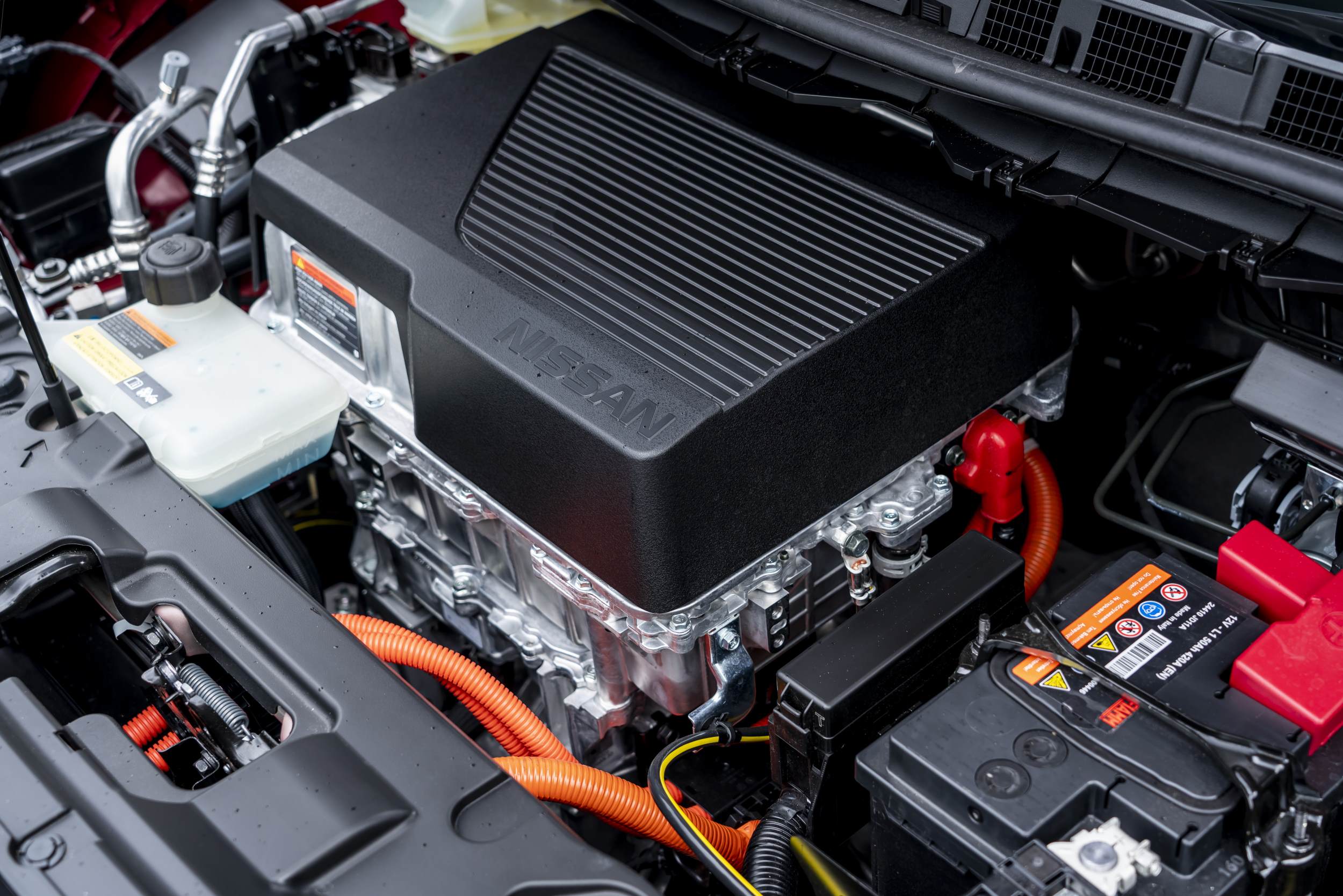.jpg)
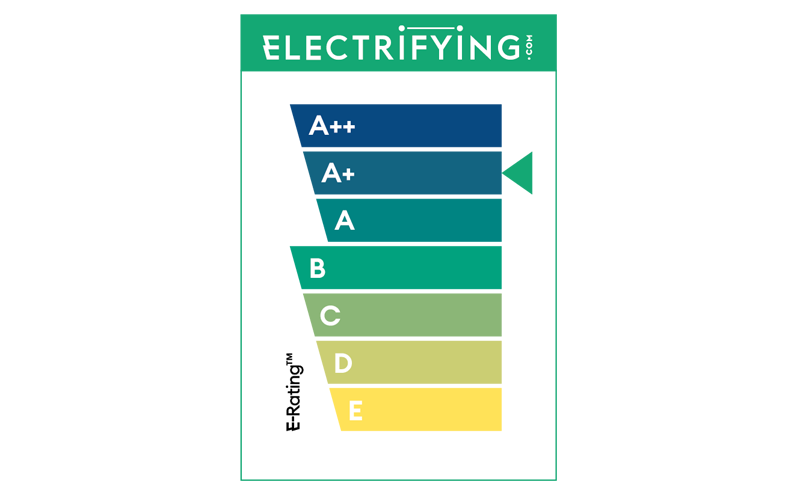


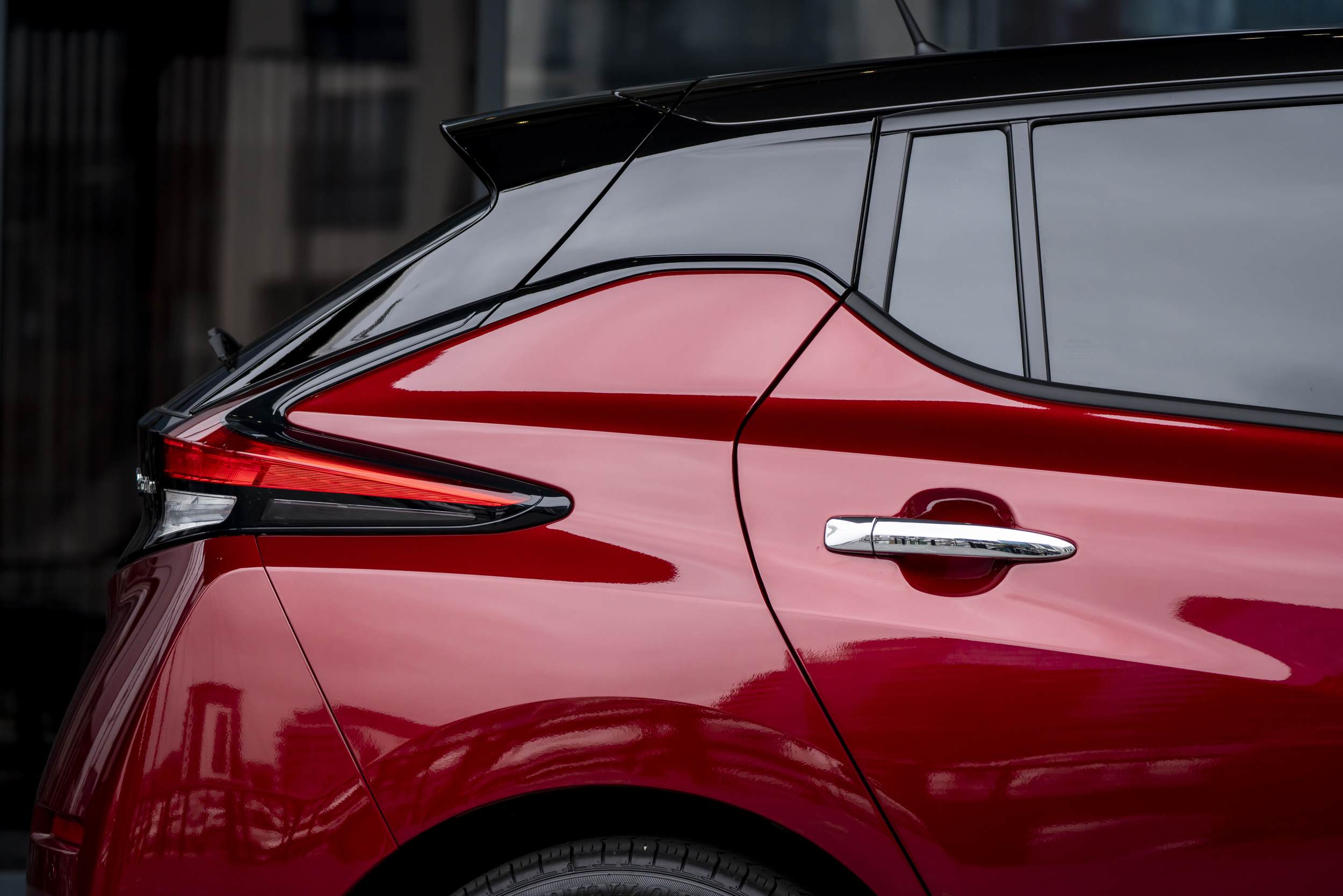.jpg?width=1500&height=1000)



